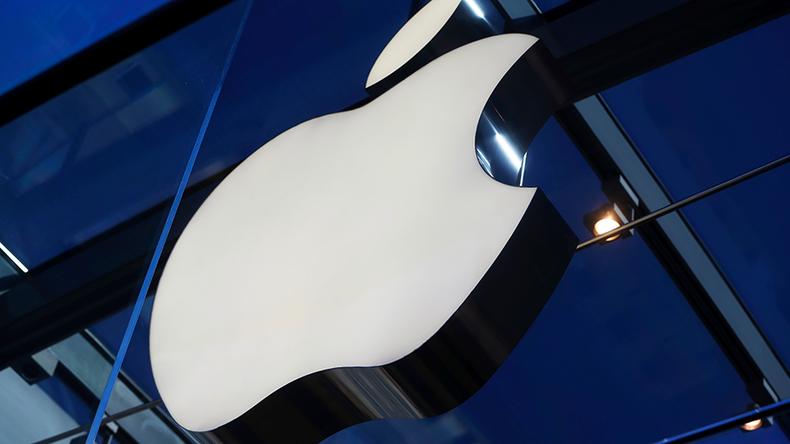Apple acquires artificial intelligence start-up that reads facial emotions

Apple is delving further into artificial intelligence with its latest acquisition, San Diego-based Emotient Inc.
The start-up uses AI technology to read people’s emotions by analyzing facial expressions. It describes itself as “the leader in emotion detection and sentiment analysis.” Its website explains it is part of a neuromarketing wave that is driving “a quantum leap in customer understanding.”
So far, it is primarily being sold to advertisers to help assess viewer reactions to their ads, according to the Wall Street Journal.
READ MORE: Happily disgusted or sadly angered: Can Microsoft guess what you feel – by your photo?
Doctors have also tested it to interpret signs of pain among patients unable to express themselves, while a retailer used it to monitor shoppers’ facial expressions in store aisles, the company said.
Apple has yet to reveal their plans for Emotient, stating that it "buys smaller technology companies from time to time" and that the company "generally [does] not discuss our purpose or plans."
Last September the US Patent Office awarded a patent to Emotient's method of analyzing facial expressions while disabling and discarding personally identifiable information, like images of individual faces.
Have you heard the big news?! Emotient Issued Patent To Make Emotion Analytics Anonymous! http://t.co/Z1RsNzSwix@PRNewswire
— Emotient (@EmotientInc) September 15, 2015Apple has an expressed interest in the field and hired dozens of AI experts last September in a bid to take on Google and Facebook, as the competition to outdo each other in the AI stakes heats up.
In October, Apple confirmed it bought another AI startup, VocalIQ Ltd., that aims to improve a computer’s ability to understand natural speech.
In 2012, Google published a paper detailing how an AI program taught itself to recognize cats. The company adapted that software to improve search results, though it has tread more carefully around facial recognition, banning any apps for its Google Glass web-connected eyewear that used facial scanning.
OpenAI garners $1bn from Elon Musk, Peter Thiel https://t.co/pwmxuR3g9Apic.twitter.com/5MXc2YLNkf
— RT (@RT_com) December 13, 2015Facebook, however, has been more aggressive, rolling out facial-recognition software across its social network. And CEO Mark Zuckerberg has even more ambitious plans for 2016.
Last month, Tesla Motors Chief Executive Elon Musk and other prominent tech executives announced $1 billion in funding for an AI non-profit called OpenAI.












